A quick look at the number of college graduates in 2008 may hit a new high, but there is a shortage of talents in this field, and the annual salary will start at 300,000.
At present, the large-scale campus double elections in colleges and universities have been launched one after another, and the employment curtain will be opened in 2018. It is understood that the number of college graduates nationwide reached 7.95 million in 2017, and it is expected that the number of graduates will reach a new high in 2018. What’s the latest trend in the job market? What jobs are popular?
Artificial intelligence is hot, with an annual salary of300,000.
At the winter job fair for 2018 graduates of Xi ‘an Jiaotong University, more than 300 units from 24 provinces and cities were waiting for more than 14,000 vacancies, attracting more than 4,000 students from different universities.
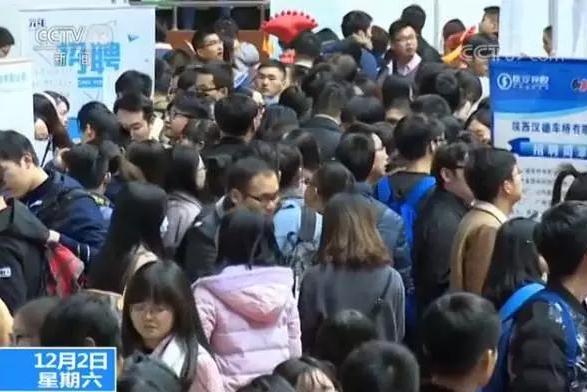
However, Qiu Xi, a master graduate in 2018, was unmoved. He specialized in the direction of AI artificial intelligence algorithm, and he was already robbed by a company. Qiu Xi told reporters that this year, fresh graduates of artificial intelligence, mobile terminals, cloud computing, big data and other related majors have attracted the attention of enterprises, and students have been robbed by several enterprises at the same time.
Qiu Xi, a fresh graduate of Xi ‘an Jiaotong University in 2018:
The salary can probably reach the level of 300 thousand to 400 thousand (annual salary) As far as I know, there seem to be 300,000 graduates in the AI field in our school, and there are at least 350,000 graduates in first-line companies. Everyone will be treated very well this year.
The data shows that the gap of artificial intelligence-related talents in China exceeds 5 million, and the current situation of "more pits and less radishes" has led enterprises to compete for campus talents. Shi Feng, deputy secretary of the Party Committee of the School of Telecommunications, Xi ‘an Jiaotong University, said that since the school started in September, many units have come to the school to "grab" graduates in artificial intelligence, image processing, machine learning and other fields. At present, the talents in this field in the school can not meet the needs of society.
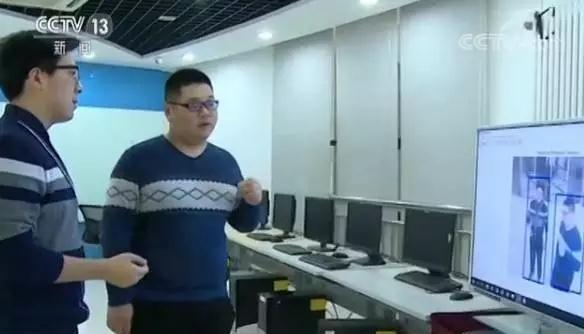
The reporter visited and found that this year, IT industries such as electronic information and Internet, machinery manufacturing and real estate construction have strong demand for graduates, and the demand for graduates from strategic emerging industries such as Internet of Things, smart equipment, new materials and new energy vehicles is also on the rise. With the layout of the national grand strategy, especially the project industries related to the "Belt and Road", Beijing-Tianjin-Hebei integration, Hong Kong-Zhuhai-Macao and so on, it has great attraction to talents.
Full graduates of University of Science and Technology Beijing in 2018:
In the national "One Belt, One Road" strategy, it is very important to put materials first. As a doctoral student majoring in material protection, I very much hope to devote myself to the national "One Belt, One Road" strategy. I think only under the national development strategy can individuals have better development prospects.
The transformation and upgrading of traditional industries urgently need high-end talents.
China’s manufacturing industry is transforming into intelligent manufacturing. At some job fairs, the reporter found that some traditional industries such as steel and petroleum are in urgent need of high-end talents in product transformation and enterprise upgrading, and all of them have given attractive preferential policies.
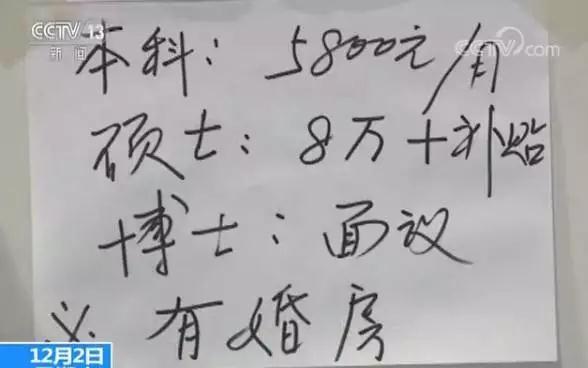
In the research and development of new products, the demand for talents is very urgent. In the past, when attracting talents, we may focus on undergraduates. Now we need both undergraduate and doctoral students. In attracting doctoral students, such as allowances and subsidies, our enterprise gives a set of housing with property rights, and our master students and undergraduates give wedding rooms.
Small and medium-sized cities frequently recruit preferential policies to recruit talents.
The reporter found that the competition for regional talents is also very significant. At the double election meeting of Xi ‘an Jiaotong University, the human resources and social security departments of nearly ten second-and third-tier cities, such as Dalian, Hangzhou, Tianjin and Shenyang, led a delegation to participate in the meeting, and recruited talents with a series of preferential policies such as housing, subsidies and scientific research support.
Head of Human Resources, No.53 Institute of Tianjin China Electric Power Department:
For example, the annual subsidy is 36,000 for doctors, 24,000 for masters and 12,000 for undergraduates. After the doctor joins the post, we can train in the unit and enter the postdoctoral workstation, and at the same time provide a one-time housing subsidy of 200 thousand.
At Beijing Forestry University, a delegation led by the Director of the Organization Department of Jiayuguan Municipal Committee of Gansu Province is discussing with the school about the introduction of talents. This is the fourth university they visited in Beijing. The reporter visited and found that in the job fairs and campus presentations of major universities, the fourth-and fifth-tier cities also took action.
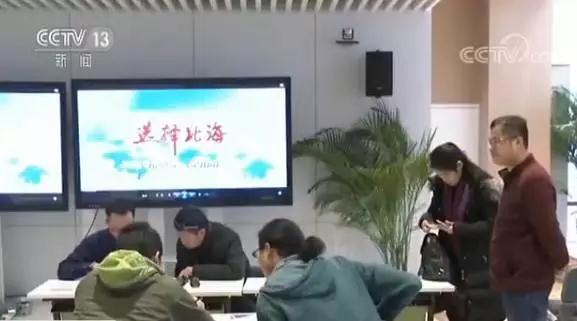
The frequent preferential policies in various places have indeed attracted many outstanding students from famous schools. The reporter found that the mentality of college students after 1995 has also changed. They no longer stick to the North and Guangzhou, and no longer deliberately pursue staying in big cities, but pursue a broader stage of life.
Tsinghua University 2018 fresh graduates:
China’s high-speed rail has connected the whole country, so it doesn’t really matter where it is. Such cities (small and medium-sized cities) provide a broad platform for graduates, and their job choices are diversified. According to your specialty, they will let you choose a place suitable for development and give you a space for development.
The new policy helps college students find jobs and start businesses.
In order to encourage college students to find jobs and start businesses at the grass-roots level, five departments, including the Central Organization Department, have recently formulated special growth plans, and colleges and universities all over the country have constantly introduced the latest policies for the employment of poor college students.
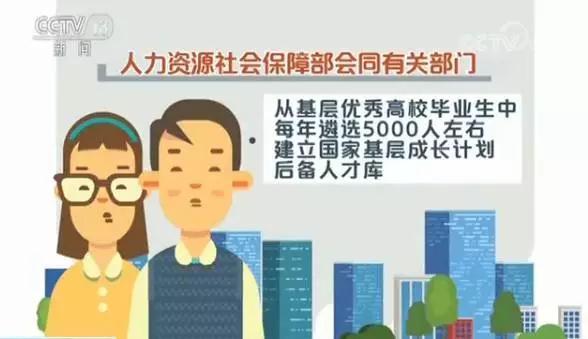
At present, the state encourages college graduates to find jobs in the grass-roots and central and western regions, including: three support and one support programs (teaching, supporting agriculture, supporting medicine and helping the poor), college students’ voluntary service in the western region, college student village officials, special post teachers, etc. Among them, the three support and one support programs recruited 28,000 people last year.
Recently, the Central Organization Department, the Ministry of Human Resources and Social Security, the Ministry of Education, the Ministry of Finance and the Central Committee of the Communist Youth League jointly issued the Grassroots Growth Plan for College Graduates. In the latest policy, college graduates who work at the grassroots level will be included in the scope of local talent policy support, and qualified housing, settlement and other supporting support will be provided, and it is planned to build a grassroots talent team.
Colleges and universities all over the country have set up corresponding encouragement policies for college students to serve the grassroots. For example, Lanzhou Jiaotong University awards 1000 yuan to all graduates who work at the grassroots level.
For the employment of students from poor families, various localities and universities have constantly set up, supplemented and updated corresponding subsidy policies. For example, from 2018, colleges and universities in Fujian Province will set up the "Employment Subsidy for Graduates from Poor Families", which will be paid in one lump sum at the rate of 2,000 yuan/person for civil service examinations, textual research, postgraduate entrance examination and interviews.